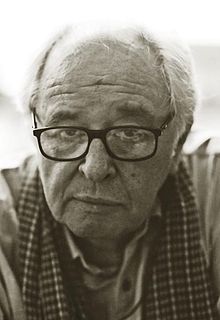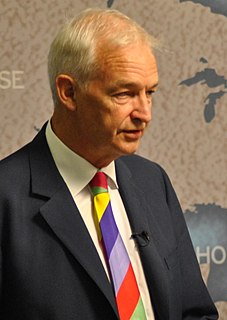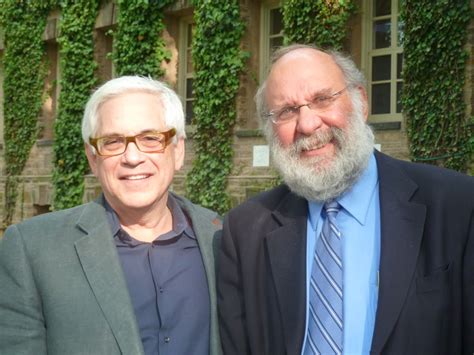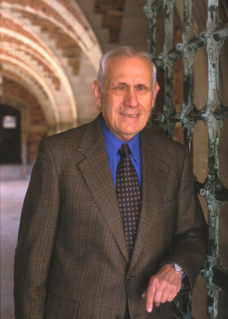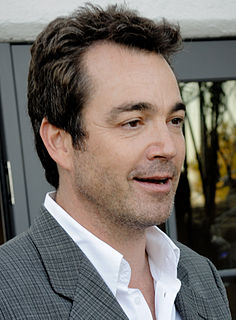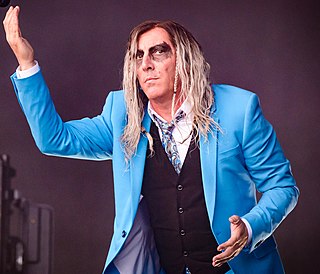A Quote by Philip Jones Griffiths
Even if not a single picture is never published, they exist. And that means that we are recording the history of the human race. If that's all your doing, it still a very very worth while profession to be involved in.
Related Quotes
What disturbs or assures us about race has very little to do with blood or biology. Race is about how you use language, understand your heritage, interpret your history, identify with your kin, figure out what your meaning and worth to a society that places values on you beyond your control. And it's also about what people see you as - or take you to be.
I don't know whether we think in moving images or whether we think in still images. I have a suspicion that on our hard drive, our series within our brains, [exist] still photographs of very important moments in our lives. ... That we think in terms of still images and that what the photography is doing is making direct contact with the human hard drive and recording for all time a sense of what happened.
My view is that friendship permeates human life and is involved in almost everything we think, feel, and do. For that very reason, there is no behavior that is characteristic of friendship. Two people can engage in the very same behavior - visiting someone in hospital, for example - and yet only one of them might be doing so out of friendship; moreover, friends can be doing absolutely anything together, even quarrel or fight. That means that it is difficult, if not impossible, to recognize a friendship simply on the basis of what people do.
If you are recording, you are recording. I don't believe there is such a thing as a demo or a temporary vocal. The drama around even sitting in the car and singing into a tape recorder that's as big as your hand - waiting until it's very quiet, doing your thing, and then playing it back and hoping you like it - is the same basic anatomy as when you're in the recording studio, really. Sometimes it's better that way because some of the pressure is off and you can pretend it's throwaway.
I was first published in the newspaper put out by School of The Art Institute of Chicago, where I was a student. I wince to read that story nowadays, but I published it with an odd photo I'd found in a junk shop, and at least I still like the picture. I had a few things in the school paper, and then I got published in a small literary magazine. I hoped I would one day get published in The New Yorker, but I never allowed myself to actually believe it. Getting published is one of those things that feels just as good as you'd hoped it would.
It is already becoming clear that a chapter which had a Western beginning will have to have an Indian ending if it is not to end in self-destruction of the human race. At this supremely dangerous moment in human history , the only way of salvation is the ancient Hindu way. Here we have the attitude and spirit that can make it possible for the human race to grow together in to a single family.
I think that I'm still very enthusiastic about every single thing that I do. I'm still very passionate. I never feel tired because I feel so involved and so com- mitted, so I enjoy it. And you know what? I have a lot of irony. I love the humor, and when I really, really want to just say, "You know what? I can't stand all this," I find an ironical way. I say, "You know, maybe you presume to be more intelligent than you are." So I respond in a more humoristic way.
If the basic human nature was aggressive, we would have been born with animal claws & huge teeth -- but ours are very short, very pretty, very weak! That means we are not well equipped to be aggressive beings. Even the size of our mouth is very small. So I think the basic nature of human beings should be gentle.
